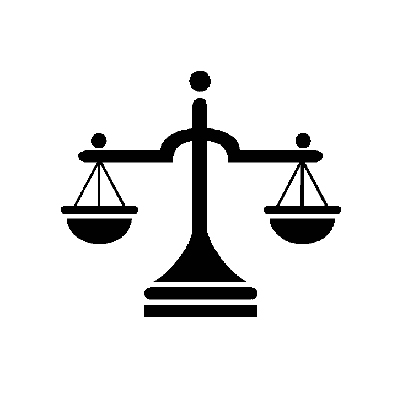Inside the mind of a class-action lawyer


Several of my posts this week have detailed a string of class-action shareholder lawsuits against Vonage. The consensus of these suits is that in their Prospectus, Vonage hasn't been entirely upfront about their IPO.
This post is not about Vonage Vonage stock, or even Vonage, for that matter. It is about an experience I had with a shareholder's rights attorney who was trying to recruit me as an expert witness.
Over ten years ago, I wrote several stories for the then-prominent (but now defunct) financial news magazine Financial World. One of these pieces was about a company called Scientific-Atlanta, who made set-top boxes for what was presumed at that time to be the promising world of interactive television.
I had already had several years under my belt as a technology reporter and columnist for a leading television trade newspaper. That's how I qualified for that particular assignment.
In my piece, I had described in detail how the passage of the 1992 Cable Act- which regulated prices cable television companies could charge subscribers- was seen my the cable companies as a damper on their income. And with less cash flow, several analysts confirmed to me, the cable companies would not be as willing to spend on technology solutions with companies such as Scientific-Atlanta (now part of Cisco).
As a result of the decline in equipment purchasing by the cable companies, Scientific-Atlanta was having a rough time of it. The stock was down, and some shareholders were frustrated.
It was at that interval that I received a call from this shareholder's rights attorney. For the better part of an hour, he grilled me as to well, shouldn't Scientific-Atlanta have told investors there would be this added risk?
I stuck to my view that although some of this risk might have been forseen, it was probably temporary if not ephemeral. My sources, as well as my own experience covering the cable television industry told me that the cable television companies had already spent significant capital expenditures on interactive television infrastructure, and they would feel compelled to invest in enabling consumer-premises equipment- even if they had to borrow money to do so.
Well, we went on and on for almost an hour. The shareholder's rights attorney tried to get me to opine that Scientific Atlanta was not as candid about risks as they should have been. But I said that it was understood that risks, competition and regulation are part of the game. A game that is subject to constant, and sudden change.
This lawyer did not get me as an expert witness.
Why am I telling you this? Because when it comes to all these Vonage class-action suits, a most charitable way of looking at them is these suits have been populated with gleaned information from those sources that are already willing to communicate a viewpoint that the attorneys feel they can use.
A cynic would use the term "fishing expedition." Maybe I'm feeling more charitable. Let me call it "selective research."